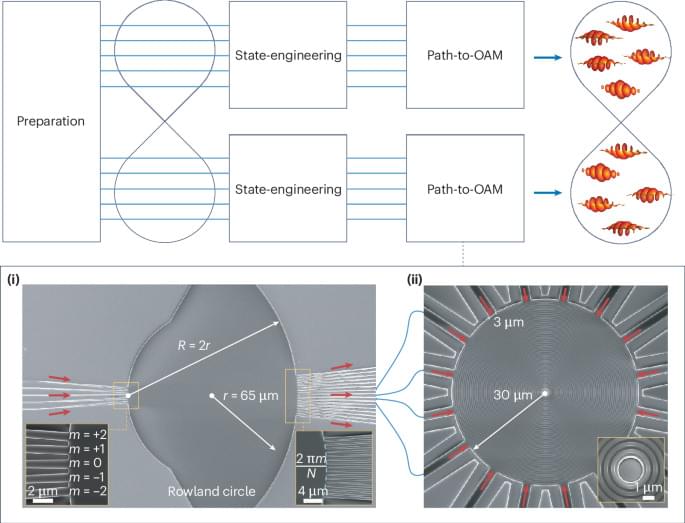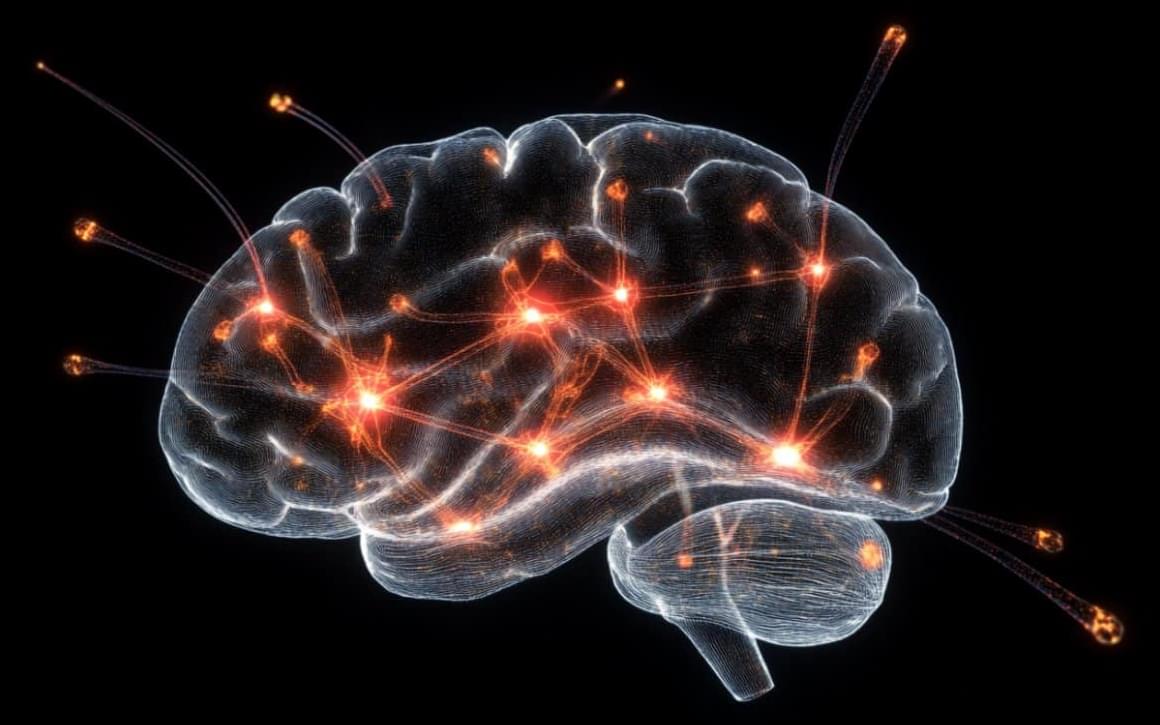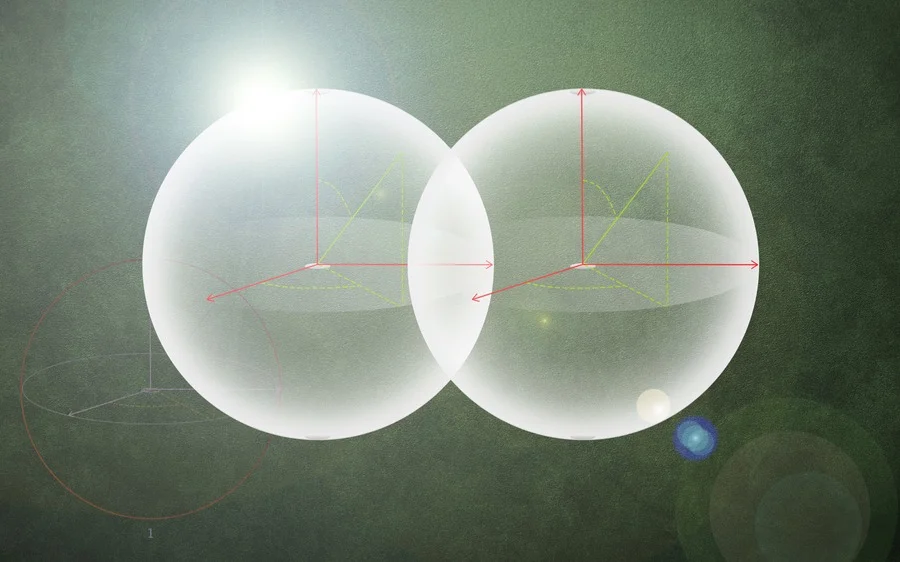A programmable quantum chip has been developed that generates, manipulates, and launches five-dimensional entangled photons into free-space channels, encoded as optical vortex modes, thus bridging the worlds of integrated and free-space quantum photonics.
Cognitive dissonance is one of the most influential principles in psychology. A new paper examines the evidence and shows how discomfort isn’t the only emotion it creates.
The James Webb Space Telescope has just uncovered something extraordinary at the very core of our galaxy.
A new study reveals that Earth’s North and South Poles are shifting faster than ever before.
On May 7, 2025, the Sun erupted in a massive display of energy, releasing a solar filament that stretched across its eastern limb.
What if every point of light in the sky was a galaxy? NASA’s latest image uncovers a cosmic secret that will leave you speechless
New research reveals that learning doesn’t just alter brain activity — it physically rewires the connections between key brain regions to make communication faster and more precise.
Repulsive gravity at the quantum scale would have flattened out inhomogeneities in the early universe.
In classical physics, gravity is universally attractive. At the quantum level, however, this may not always be the case. If vast quantities of matter are present within an infinitesimally small volume – at the centre of a black hole, for example, or during the very earliest moments of the universe – spacetime becomes curved at scales that approach the Planck length. This is the fundamental quantum unit of distance, and is around 1020 times smaller than a proton.
In these extremely curved regions, the classical theory of gravity – Einstein’s general theory of relativity – breaks down. However, research on loop quantum cosmology offers a possible solution. It suggests that gravity, in effect, becomes repulsive. Consequently, loop quantum cosmology predicts that our present universe began in a so-called “cosmic bounce”, rather than the Big Bang singularity predicted by general relativity.
China’s Origin Quantum has launched its fourth-generation quantum control system, a move signaling the country’s increasing push to industrialize and scale quantum computing capabilities.
The new system, dubbed Origin Tianji 4.0, supports over 500 qubits and serves as the central control for superconducting quantum computers, according to The Global Times, a media outlet under the Chinese Communist Party (CCP). The system, unveiled this week in Hefei, is positioned as a critical enabler for mass-producing quantum computers with more than 100 qubits.
The control system is considered the “neural center” of a quantum computer. It generates, acquires and controls the precise signals that manage quantum chips, which are the computational heart of a quantum system. With the Tianji 4.0 upgrade, Origin Quantum claims major improvements in integration, automation and scalability compared to its previous version, which powered the country’s third-generation superconducting quantum computer, Origin Wukong.









